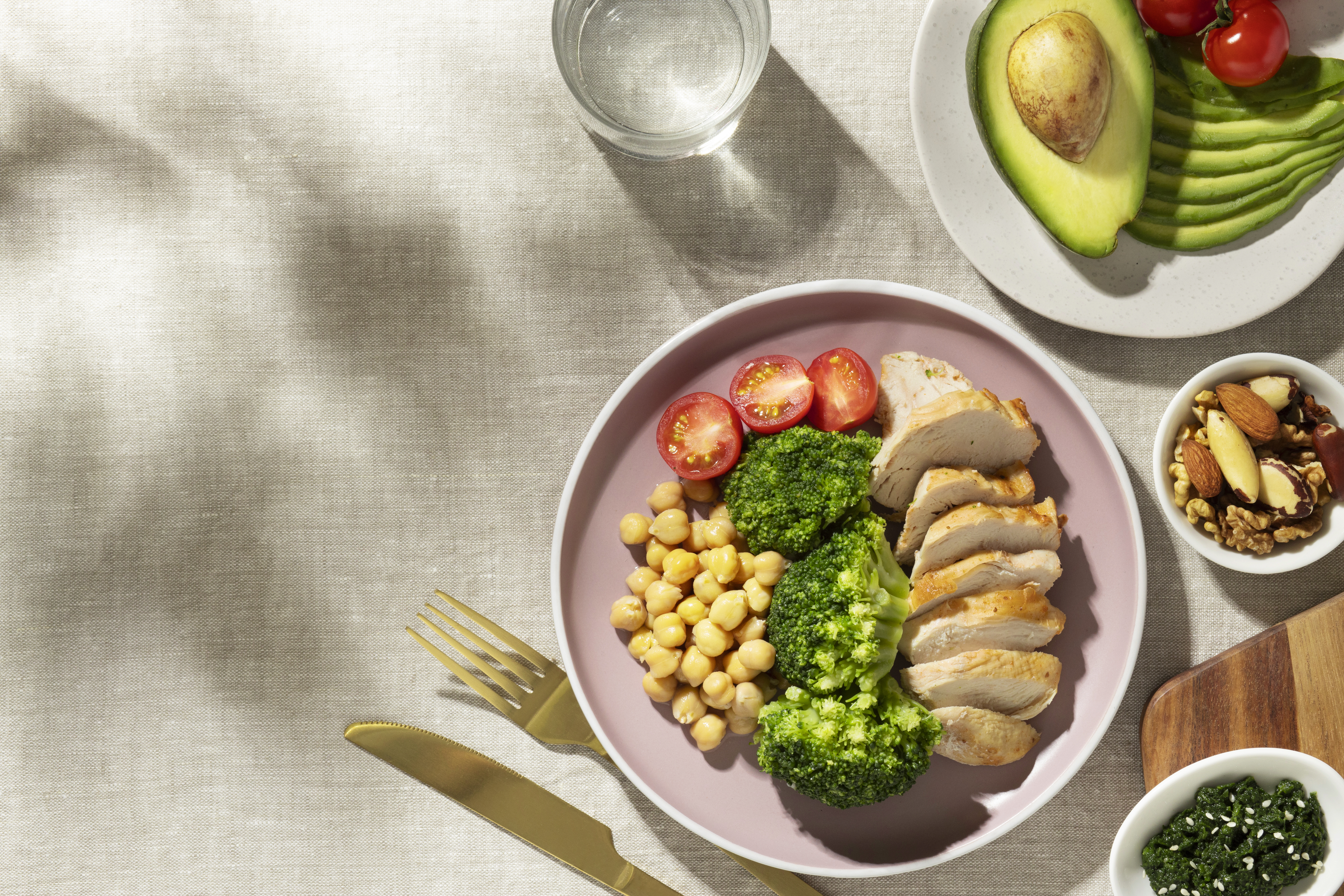Straight from the Consultation Room
Straight from the consultation room, Clinical Nutritionist Sonal Talegaonkar answers your most-asked questions—busting myths about carbs, fasting, fat loss, supplements, and more with clear, practical advice to help you build a healthy, sustainable lifest

As a nutritionist, I get asked a lot of questions—some funny, some surprising, and many that come from a place of genuine confusion. From “Are carbs really bad?” to “Why am I not losing weight even after dieting?”, most of these concerns are shared by so many people, yet they rarely get clear, practical answers. That’s why I decided to round up the most common questions I hear in my consultations and answer them here—simply, honestly, and without any jargon. Whether you’re just starting your health journey or looking to refine it, chances are, you’ve wondered about a few of these too. Top favourite question: Are carbs bad for you? Should I cut them to lose weight? No, carbs aren’t the enemy. Your brain and body need carbs!! Choose complex carbs (whole grains, fruits, legumes) over refined ones. Cutting them drastically can cause fatigue, mood swings, and nutrient deficiencies. Is intermittent fasting good for me? It can help with insulin sensitivity, digestion, and fat loss— if done correctly and suits your body. Not ideal for everyone, especially if you have hormone issues or irregular eating patterns. But it’s not ideal for women with hormonal issues or those who feel dizzy, fatigued, or anxious while fasting. Always listen to your body. What’s the best diet for fat loss/belly fat reduction? No one-size-fits-all. A diet rich in protein, fiber, healthy fats, and low in processed carbs usually works well. Targeting belly fat needs full-body fat loss + stress management. Many also have cortisol belly which needs more lifestyle changes + stress management + clean eating. Are protein powders safe for women? Yes, if it’s a clean, good-quality product. They’re just a supplement—not a steroid! Ideal if you struggle to meet your protein needs. If you have any pre-existing kidney ailment, check with your doctor before you start protein powder. Few other commonly asked questions: Do I need supplements? Only if your diet lacks certain nutrients or you have specific deficiencies. The most common ones people need: Vitamin D, B12, Omega-3, and sometimes protein. You don’t need fat burners/ weight loss pills, etc as they have harmful effects on kidney and liver health. Can I still eat my favorite foods and lose weight? Yes! Balance is key. You don’t need to give up everything— just learn portion control and mindful eating. 80% clean, 20% fun works well for most. What should I eat if I have PCOS or thyroid issues? Focus on anti-inflammatory, blood sugar-friendly meals: high in protein, fiber, and healthy fats. Avoid sugar spikes, processed food, and excess caffeine. The goal is to balance the hormones first and weight loss later. If your internal system is working fine, it will regulate metabolism well and help you lose weight eventually. Can I lose weight without exercise? Yes, through diet, but you’ll lose muscle along with fat. Exercise helps you tone up, boost metabolism, and stay fit overall. The focus should be on improving the body composition, which means increasing or maintaining muscle mass and losing body fat. Don’t just fixate on losing weight very fast. How often should I eat in a day? 2-3 balanced meals + 1–2 snacks work well for most people. But it depends on your lifestyle, goals, and hunger cues. See what suits you and your lifestyle. Why do I feel tired all the time? Could be due to poor nutrition, low iron or B12, dehydration, poor sleep, or even stress. Blood work + diet check is a must! Look into your sleep and stress levels. Can I eat rice and still lose weight? Yes! Rice isn’t the problem— portion and pairing matter. Combine it with dal, veggies, or protein for a balanced meal.


